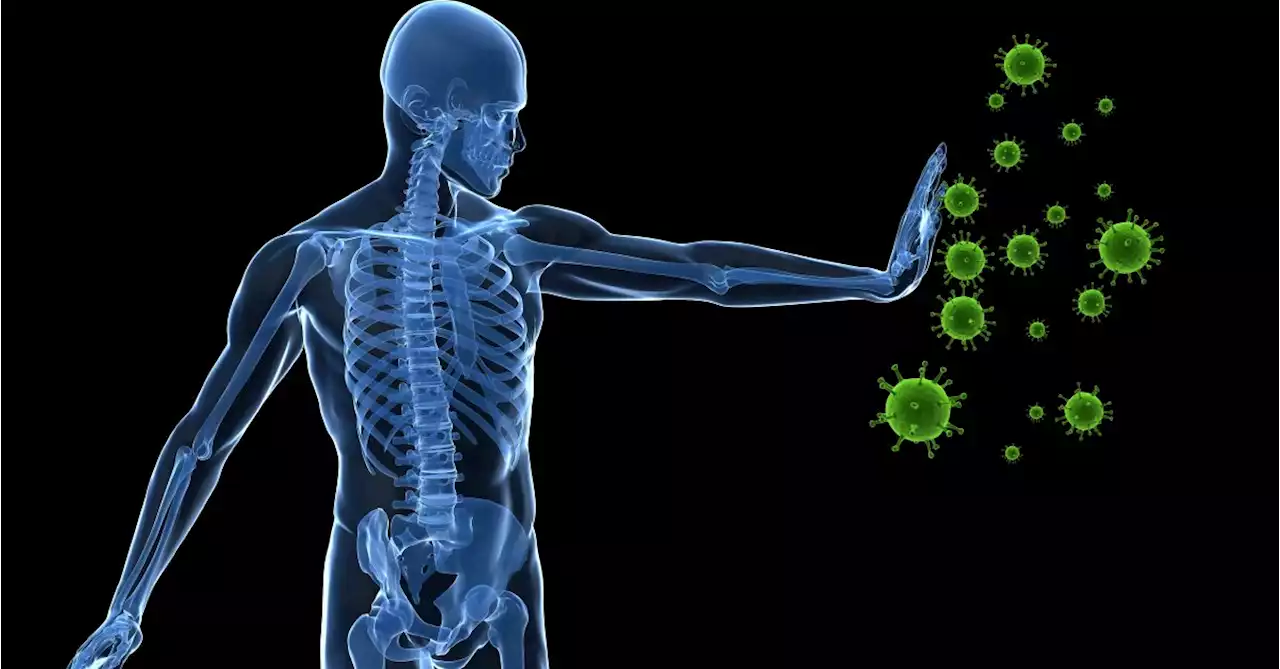It turns out that being a COVID-19 'super dodger' isn't necessarily just luck -- it's genetics. Learn more:
Scientists have discovered that many people who avoided COVID symptoms did get infected, but had a genetic mutation that trained the immune system to mount a supercharged response to the virus because it noticed similarities to the common cold.An estimated 20% of people infected with COVID don't have symptoms, prior research shows.
For the study, researchers used data from a bone marrow donor registry, since bone marrow matching also relies on HLA genetic information. They recruited 30,000 people from the bone marrow registry to use a mobile app developed by the University of California-San Francisco to track COVID status during the first year of the pandemic, when many people were doing routine COVID testing such as for work or due to potential exposure.
When the genetic mutation was identified among people who didn't have symptoms, another team of Australian researchers found that the mutation was linked to immune system T cells mounting a fast and effective response to SARS-CoV-2, the virus that causes COVID. The response suggested pre-existing immunity, such as an immune system that had been trained after responding to similar viruses.
The pre-existing immunity, which appeared to stem from the immune system’s memory of fighting off seasonal colds, was present even in people who hadn’t been vaccinated against or previously infected with SARS-CoV-2. “By studying their immune response, this might enable us to identify new ways of promoting immune protection against SARS-CoV-2 that could be used in future development of vaccine or drugs," researcher Stephanie Gras, PhD, a professor and laboratory head at La Trobe University in Australia, said in a
United States Latest News, United States Headlines
Similar News:You can also read news stories similar to this one that we have collected from other news sources.
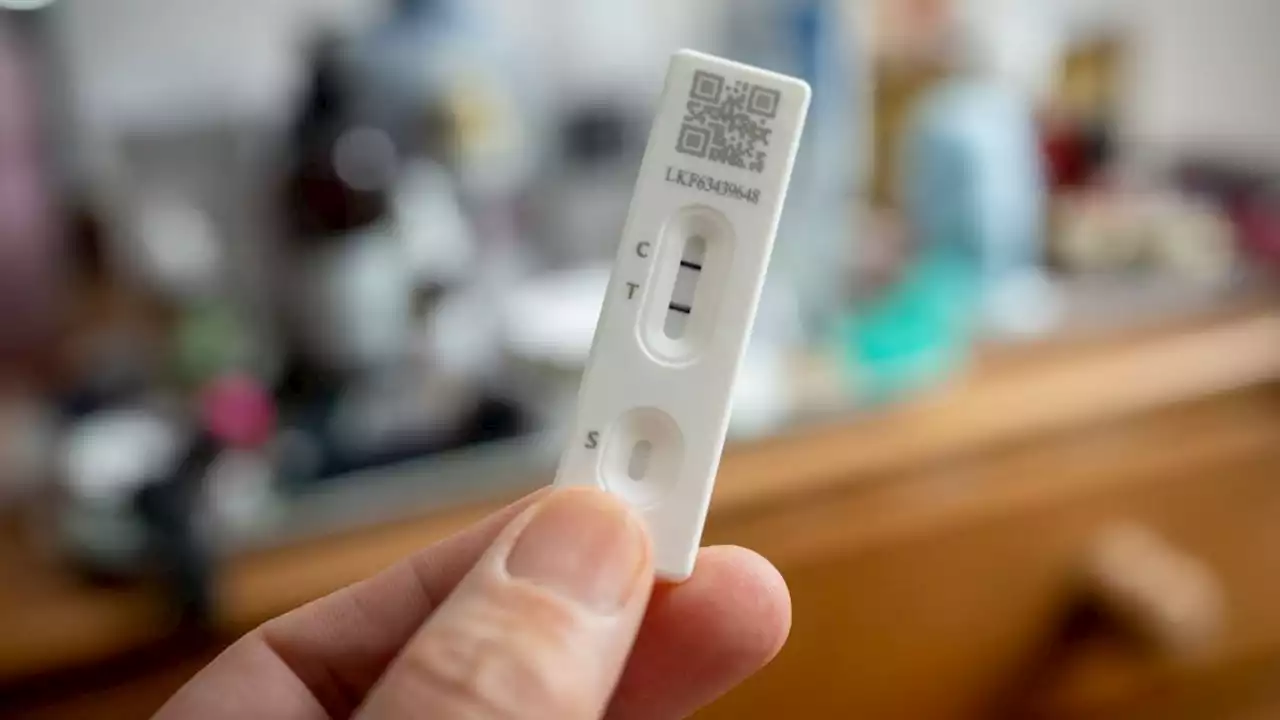 Genetic quirk could explain why not everyone shows symptoms of COVID-19In a large cohort of people infected with SARS-CoV-2, a specific gene variant was more common in people who didn't show symptoms, compared to those who did.
Genetic quirk could explain why not everyone shows symptoms of COVID-19In a large cohort of people infected with SARS-CoV-2, a specific gene variant was more common in people who didn't show symptoms, compared to those who did.
Read more »
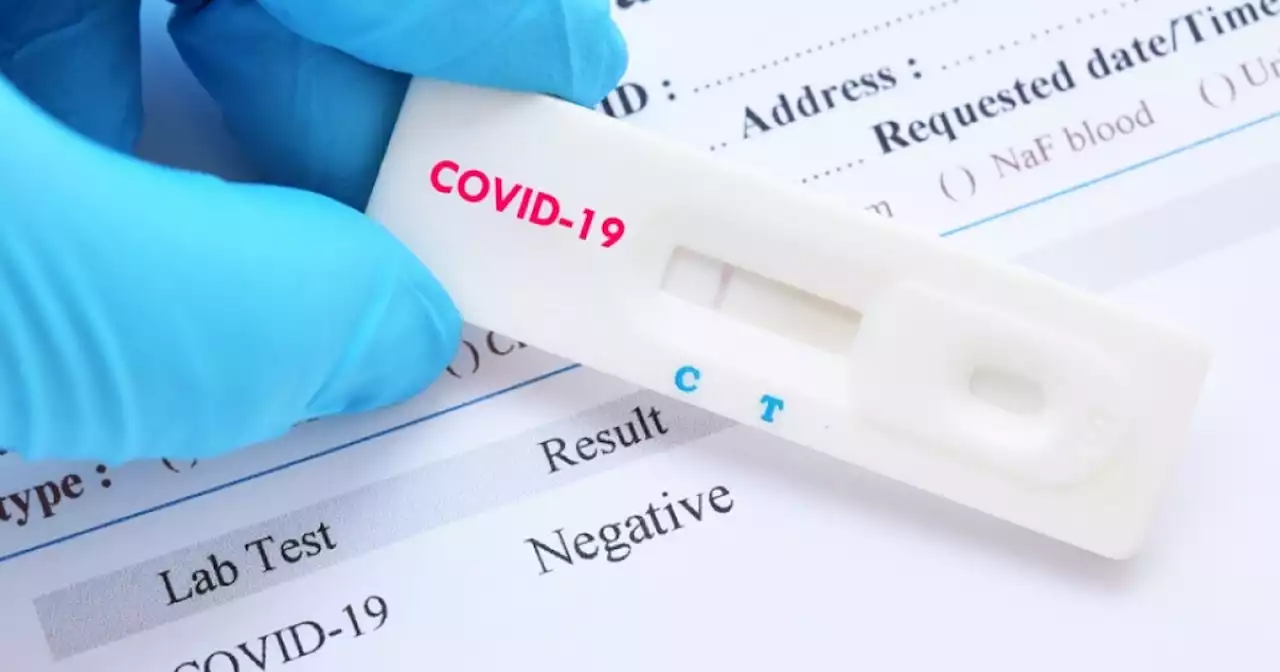 Researchers explain why COVID doesn't make some people sickCOVID-19 sent some people to hospitals while others never got sick. Researchers wanted to know why the virus affects people differently.
Researchers explain why COVID doesn't make some people sickCOVID-19 sent some people to hospitals while others never got sick. Researchers wanted to know why the virus affects people differently.
Read more »
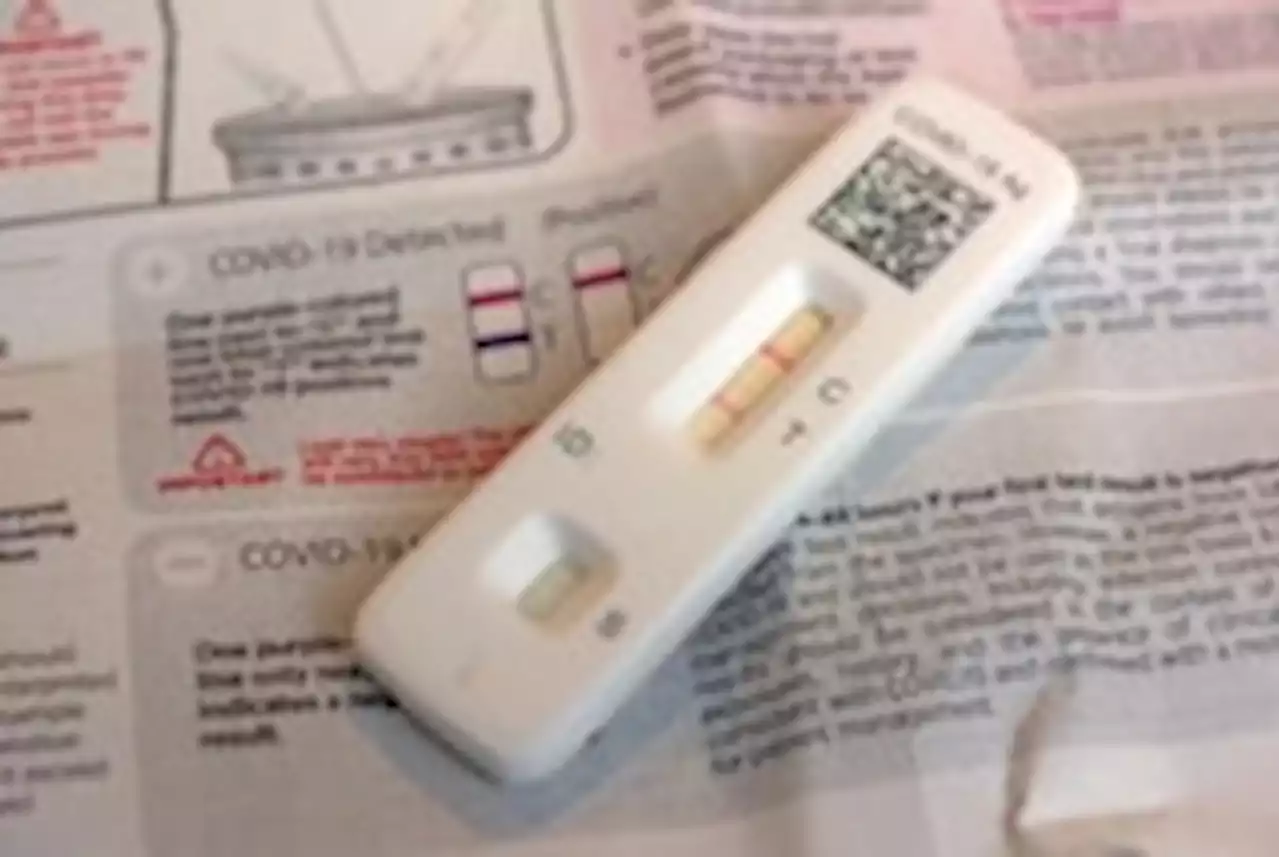 Gene variant may be why some test positive for virus with no covid symptomsScientists have found a version of a particular gene that may explain why some people who test positive for the coronavirus never develop any covid-19 symptoms. The discovery could help scientists open new avenues for developing vaccines and treatments.
Gene variant may be why some test positive for virus with no covid symptomsScientists have found a version of a particular gene that may explain why some people who test positive for the coronavirus never develop any covid-19 symptoms. The discovery could help scientists open new avenues for developing vaccines and treatments.
Read more »
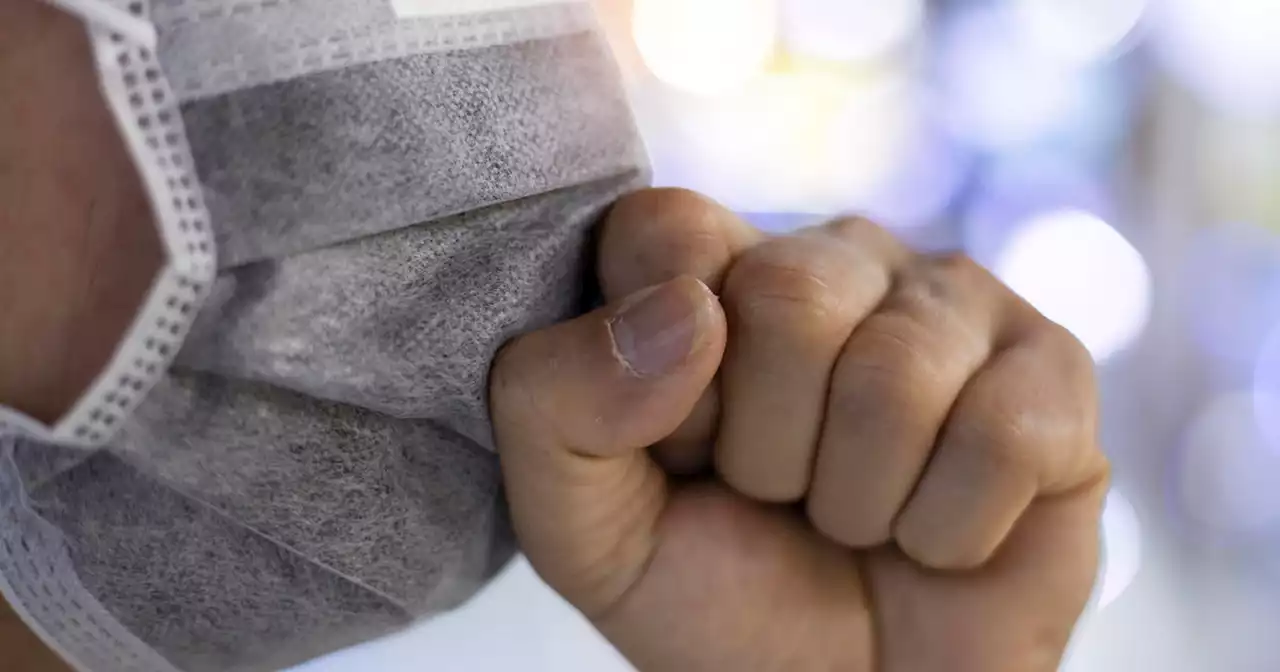 COVID symptoms seem to never touch certain people — and researchers may have finally figured out whyWhy do some people not get COVID symptoms? Here's what scientists recently found out about the genetic advantage of 'super dodgers.'
COVID symptoms seem to never touch certain people — and researchers may have finally figured out whyWhy do some people not get COVID symptoms? Here's what scientists recently found out about the genetic advantage of 'super dodgers.'
Read more »
 U.S. security official says our pilots are seeing something they can’t explain in the skiesThis comes just days after a congressman suggested that aliens could turn us into a 'charcoal briquette.'
U.S. security official says our pilots are seeing something they can’t explain in the skiesThis comes just days after a congressman suggested that aliens could turn us into a 'charcoal briquette.'
Read more »
